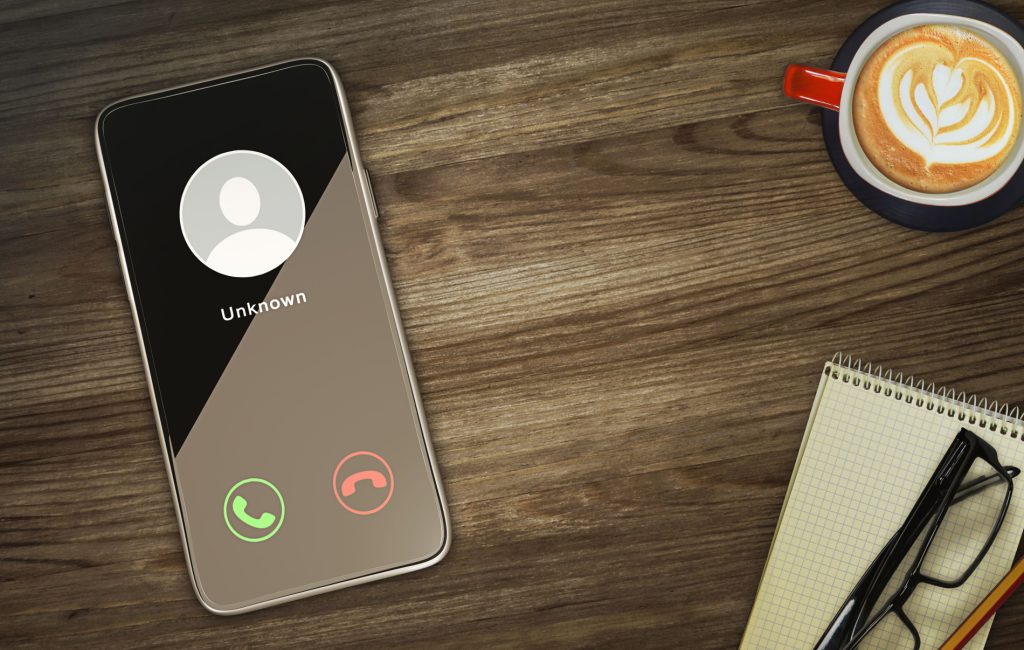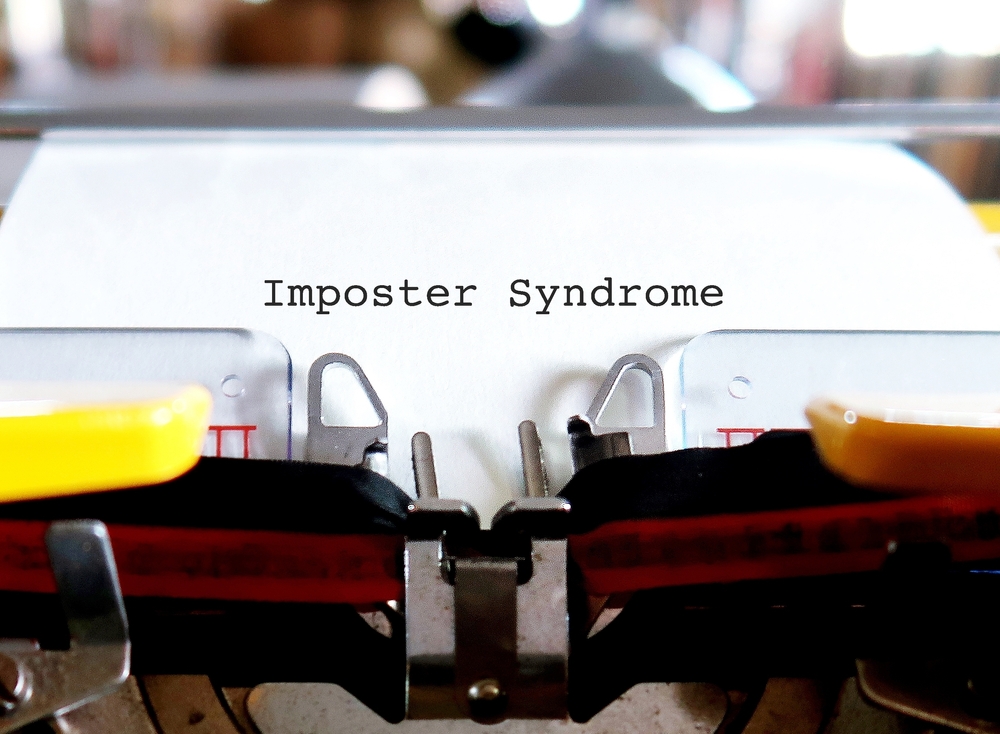The voice in our head that tells us we don’t belong
If your employees experience the feeling of Imposter Syndrome then it’s helpful to know this.
Earlier this year I was invited to be a speaker at a professional development day for Executive Assistants working in the education sector. I was pleased to have been invited, the day was hugely enjoyable, and it was inspiring to watch eighty women connect with each other in such a positive and enabling way. I have been a passionate advocate for promoting the sisterhood in the workplace, and this event truly embodied the essence of collective empowerment.
But two competing thoughts can be true at the same time, and on this day, whilst feeling empowered I also felt like I was playing dress ups and I was acting the role of someone who knew what she was doing and belonged in the room.
I listened as the host introduced me to the group. She shared details from my bio, not one I had specifically prepared but instead one that the host had gathered from my social media. She mentioned my extensive years of experience in the field of recruitment, highlighting the variety of clients I have worked with. She then acknowledged my passion for writing by mentioning my blog and my role as a contributing writer for Mamamia. She further went on to explain the work I had done with the client who was hosting the event.
Everything she said was factually correct, but I felt disconnected from the person she was talking about. The person she described sounded accomplished and capable.
It did not sound like me.
Not for the first time in my life, and in particular my career, I felt undeserving to be doing what I was doing, that the reasons for my accomplishments thus far were because of sheer luck rather than anything I had done. A classic and unmistakable case of Imposter Syndrome, no formal diagnosis required. It is a familiar feeling in the workplace; probably the only time I have felt it in my personal life was when I was leaving the hospital with my newborn son, genuinely in awe of the fact that I was allowed to keep him and take him home with me. I can very vividly recall standing at the lift waiting to leave convinced that someone was about to approach me and ask me what I was doing with said baby.
My presentation to the Executive Assistants was on the subject of ‘building your tribe in the workplace’. I approached the front of the room; certain I was about to make a hash of my speech. Doubting my own credibility, incredulous at the thought that these people were here to listen to me tell them about workplace relationships. Then very quickly, and fortuitously, I realised that I did have something to say, 26 years in recruitment meant I knew a thing or two about workplace relationships.
Imposter Syndrome is a phenomenon that affects individuals across various demographics, but it is commonly observed amongst women. It is when someone doubts their own abilities or feels a bit like a ‘fraud’ despite evidence to the contrary. It’s the feeling of not deserving the success or recognition they have received. There are several reasons why women may experience imposter syndrome more frequently. Firstly, societal stereotypes and gender expectations can play a role. Women have historically faced gender biases and have been underrepresented in certain fields or leadership positions. This lack of representation can contribute to self-doubt and the feeling of not belonging or deserving success. Though there is research that states 75% of women have reported feeling this way, it is essential to recognise that imposter syndrome is not exclusive to any gender. Imposter Syndrome is a human experience rather than being a gender specific one, perhaps the reason why we hear more stories of women experiencing the feeling is because women are more likely to talk about it.
The concept of Imposter Syndrome has been around for a very long time (the term itself was coined in 1978) but I would suggest that social media has exacerbated the self-doubt many of us encounter. Social media is typically a carefully curated platform where we present our best selves, and the constant exposure to others’ seemingly flawless lives can create an unrealistic standard and unhealthy cycle for comparison. For those of us who do suffer from Imposter Syndrome there is comfort in the knowledge that we are in exceptional company. David Bowie once admitted to feeling “utterly inadequate” as a musician which he hid behind his writing and performing, and Tom Hanks has been quoted as saying “How did I get here? When are they going to discover that I am, in fact, a fraud and take everything away from me.”
The thing is, telling us to simply get over Imposter Syndrome is neither helpful nor even realistic. It isn’t easy to push it aside, ignore or deny it. In my view, it is more important that we normalise it and in doing so we are reminded that we aren’t alone in the experience of it. As an optimist, I would much rather consider the benefits of Imposter Syndrome and how it can be harnessed in a productive and positive way.
People with Imposter Syndrome often have a strong desire to prove themselves and to strive for excellence. They have a drive for improvement and will often channel their self-doubt into a motivation to continuously learn and further develop their skillset.
I think my own tendency for experiencing Imposter Syndrome allows me to be more understanding and empathetic towards others who struggle with self-doubt. I have met so many people who have admitted to feeling as though they are an ‘imposter’ I am excellent at talking those down from the ledge where we all tend to sit so uncomfortably.
Kate Peardon from Zenith Journey spends a lot of her time coaching women (and men) on leadership and professional development and on her recent podcast spoke of the types of imposter syndrome and importantly how to overcome it. You can listen to the episode here. She talks about the AAA Model to help – awareness, acceptance and action.
In the context of a workplace, if your employees experience the feeling of Imposter Syndrome then it’s helpful to know this. Innovation and productivity come when people feel engaged and valued, that their opinions matter and their ideas are welcome. Coaching our employees to know that self-doubt is a natural human response and certainly very normal in a work environment.
In Michelle Obama’s book ‘Becoming’, she admits to ‘suffering’ with Imposter Syndrome. If ever there was evidence that it is a feeling that doesn’t discriminate no matter how successful you are (however you define success) then the fact that the former First Lady who inarguably has accomplished enormous achievements in her life has asked herself “Am I good enough?” highlights just how universal it is.
Michelle learned to say to herself, and it is advice we can all heed, in answer to “Am I good enough?” she replied:
“Yes, in fact I am.”









